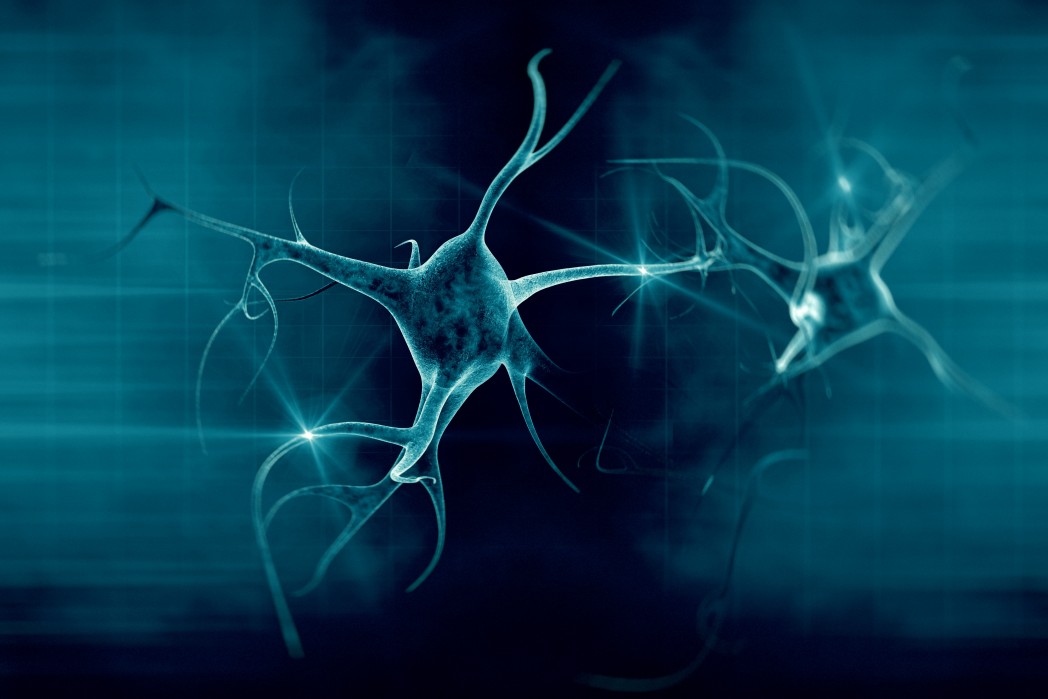Genervon Filed Patent for GM604 As A Promising Therapeutic Strategy for ALS
Written by |

Genervon Biopharmaceuticals recently announced it has filed a patent application based on data from the Phase 2A clinical trial (GALS001 study, NCT01854294) assessing the company’s product GM604 as a therapy for amyotrophic lateral sclerosis (ALS) and data from a single ALS compassionate patient study (GALS-C).
ALS is a progressive neurodegenerative disease characterized by the gradual degeneration and atrophy of motor neurons in the brain and spinal cord that are responsible for controlling essential voluntary muscles, such as the ones related to movement, speaking, eating, and even breathing. ALS patients may become totally paralyzed and the majority die due to respiratory failure within two to five years after diagnosis. It is estimated that more than 300,000 Americans suffer from the disease and there is currently no cure or life-prolonging treatments.
GM604 corresponds to an endogenous human embryonic stage neural regulatory and signaling peptide, a so-called master regulator peptide drug, which is able to control the development, monitoring and correction of the human nervous system. Pre-clinical studies in ALS animal models have shown that GM604 has neuro-protective properties. GM604 is capable of controlling and modulating genes known to be linked to ALS and several biological processes and pathways including neurogenesis.
The Phase 2a trial showed that ALS biomarkers that indicate neuron degeneration like SOD1 gene, Cystatin C and total TAU proteins were above the normal values in ALS patients, and that a 2-week, six-dose treatment with GM604 resulted in a down-regulation of these biomarkers into normal ranges. The GALS-C study corresponded to a compassionate study on a single ALS patient (Eric N. Valor). The patient had SOD1, Cystatin C and total TAU biomarkers below the normal range and after a similar six-dose treatment with GM604, the levels of the biomarkers were found to increase to normal ranges.
Researchers concluded that GM604 was capable of regulating the same ALS biomarkers in both trials in a proper, although opposite, direction towards the normal ranges, a process known as homeostasis. “This is positive indication for GM604 as a potent master regulator of neuronal homeostasis,” noted the COO of Genervon Dorothy Ko in a news release.
TDP-43 is a protein previously reported to be deregulated in ALS. In high concentrations it becomes toxic to neurons, becoming the main constituent of the pathological lesions observed in neurons of ALS patients. Genervon found that the ALS patient in the GALS-C study had a TDP-43 level of 144.54 pg/ml at baseline and ALS patients in the GALS001 trial a mean of 138.88 pg/ml. The normal range of TDP-43 in plasma is around 0-50 pg/ml. After the two weeks GM604 six-dose treatment, TDP-43 level of the GALS-C patient was of 92.59 pg/ml and after 12 weeks 52.53 pg/ml, which is close to the normal range. The results indicate that GM604 modulated TDP-43 levels by -63% in 12 weeks. The mean percentage of TDP-43 change in GALS001 patients was -34%.
The results support the notion that the master regulator GM604 can modulate ALS disease biomarkers, potentially slowing disease progression and making it a possible therapeutic strategy for ALS.





